White azaleas: types and care at home
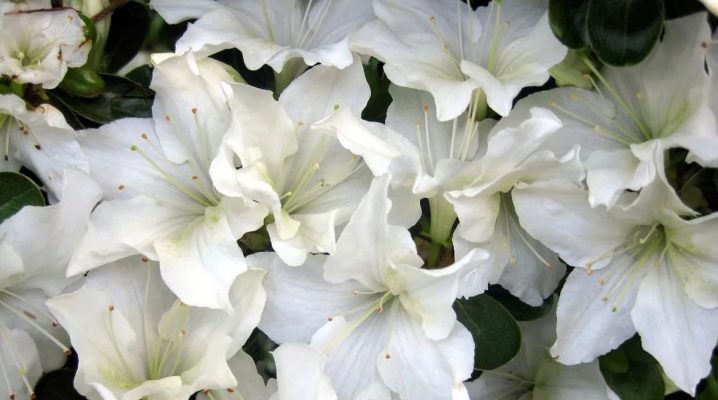
Indoor azalea is a flower that can decorate any home garden. Azalea comes from the Heather family, the genus Rhododendrons. If home care is organized correctly, the indoor beauty will bloom profusely. The color scheme is extremely diverse, there are red, pink, purple azaleas with petals bordered with fringe, terry and corrugation. White azalea stands out especially, the shades of which are distinguished by purity and luxurious combinations: white-pink, black-and-white.
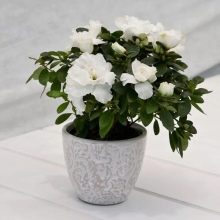
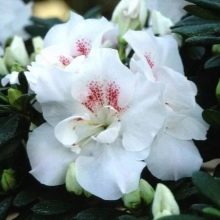
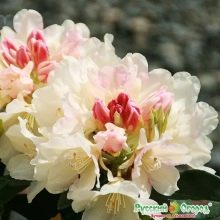
Description and types
Azalea appeared in Asia, there are two main varieties:
- Japanese Azalea or Rhododendron obtusum;
- Indian Azalea or Rhododendron simsii.
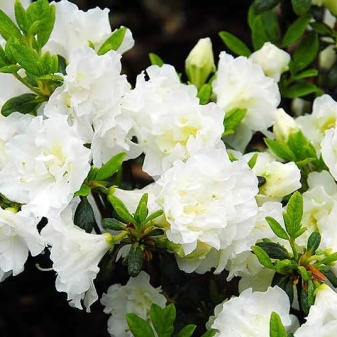
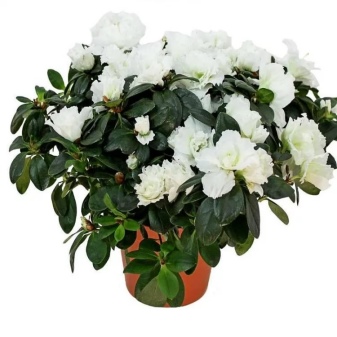
Both flowers are shrub-type plants, their height does not exceed half a meter. A lot of hybrids and varieties of a luxurious beauty have been bred. The main distinguishing features are flowering, size and shape of foliage. Very often, azalea is purchased in bloom in stores as a gift. Unfortunately, after flowering, the plant dies, so if you want to grow an azalea, it is not acquired during the flowering period.
This is a rather capricious flower, the climate of our homes is initially not suitable for it. Ideally, rhododendrons should be grown in greenhouses and conservatories. But even at home, this mission is quite feasible. You just need to study the rules of caring for a whimsical plant.
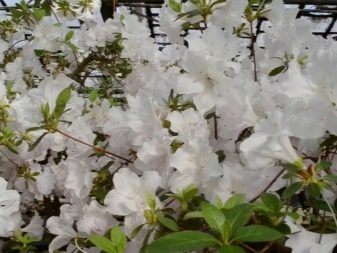
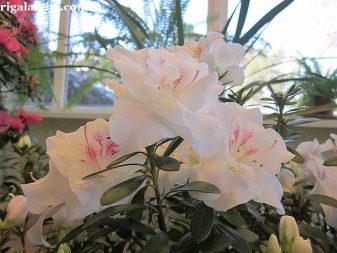
Care
The whimsicality of rhododendrons requires providing the highest quality care if you want the azalea to develop, bloom and not die. Before purchasing a flower, think about how you organize its location, lighting, air humidity. This representative of the flora literally does not tolerate the sun, direct sunlight destroys it. Therefore, it is better to place the azalea in partial shade or under diffused light. In the summer, it is worth taking out the shrubbery to the balcony. - open air is useful for the plant, but the hot sun will negatively affect it. A good option is a shady garden where you can leave the flower in the rain.
The flower is most comfortable in a very humid room, it is recommended to have a hygrometer and measure the level of humidity... In winter, when heating devices are working, the plant must be regularly sprayed. As for watering, you need to constantly monitor the condition of the soil, which cannot be dry. And stagnation of water in the sump and in the soil will negatively affect the condition of the rhizome.
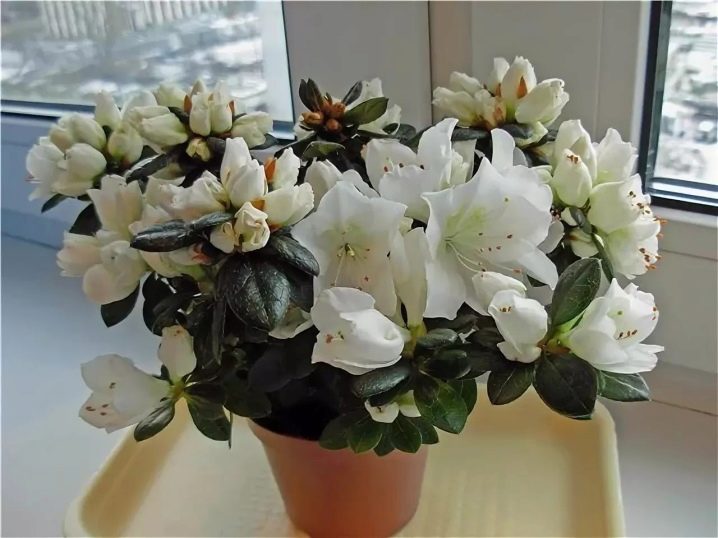
Azalea is poured with acidified melt water, rainwater, river. Can be used settled from the tap. The acid level is increased by citric acid - a pair of crystals per liter. It is recommended to reduce watering in the fall and winter. But loosening should not be done, the root system is very sensitive. Sometimes it is recommended to place a container with azalea in a basin of water and leave it for a couple of hours so that the peat soil does not dry out and its moisture permeability is not disturbed.
Temperature regime
It is very important to think about this point before purchasing a flower, since it is very sensitive to inappropriate temperatures. The optimal mode varies in the following values:
- +12 +14 degrees in winter;
- +20 +22 degrees in summer.
If you take a flower out into the open air in the summer, you need to expose the plant to the conditions of the room before turning on the heating.

Planting, transplanting and feeding
This representative of the flora requires an acidic soil. The optimal soil is heather or a mixture of peat and coniferous in a ratio of 1: 2. Sand is also added for looseness. To simplify the planting procedure, you can purchase a ready-made substrate for acidophilic plants.
Transplanting is carried out once a year in the spring, while the plant is immature. Then it is enough to carry out this procedure every 3 years. You should be very careful with the root system, transferring it to a new container, leave part of the earth on the roots. The pots should not be too tall, as the roots of the flower are of a surface type. As for feeding, the azalea is fertilized with special means for this plant during the growing season every 7 days, and in the fall and winter with superphosphate.
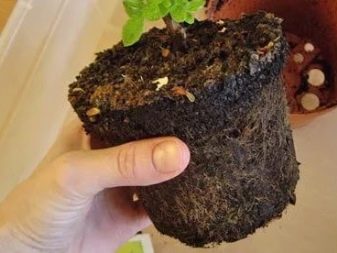
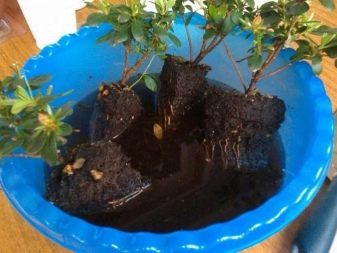
Flowering features
If you want the white azalea to bloom, you need to periodically pinch and prune. This process should be started in May by pinching fresh stems without touching the five-leafed shoot. Shoots near the buds require timely removal. Too lush bushes, as a rule, bloom poorly. If you want to keep the flowering period and extend it, you need to keep the azalea cool.
After flowering, seed boxes must be removed.
Reproduction
Azalea breeding methods are varied: grafting, dividing the bush, cuttings, seed method. The most difficult of them is seed, it is used only by professional growers. The best method for home conditions is grafting. Algorithm of the procedure:
- in the period from March to June, a woody stalk is selected;
- it is transferred to acidic soil: peat or coniferous soil to a depth of 2.5 cm;
- before this, the cut must be treated with growth-stimulating agents;
- then you should close the handle with a jar of glass or plastic or polyethylene;
- put in a hot place before rooting.
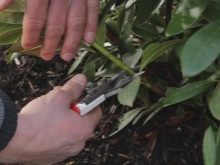
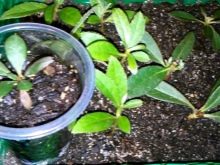

Diseases and pests
The most common pests that interfere with plant development:
- azalea moth - the most dangerous insect, it leads to the fact that the leaves turn into crumbs and are discarded, the caterpillars must be removed, otherwise they will destroy the flower;
- mealybug - requires the use of special means for destruction;
- strawberry mite - with this attack, the development of the flower slows down, the leaf curls, if you do not take action, the azalea will die;
- greenhouse whitefly - the leaves are damaged, a sooty fungus is formed on the secretions of the insect;
- flat red tick - damages the cuttings of young and mature plants, the leaf begins to acquire a brown tint and withers.
The plant is also attacked by greenhouse thrips and aphids. Specialized pest control products can be purchased at their respective stores. It also sells chemicals for the most common azalea diseases:
- gray rot;
- powdery mildew;
- fusarium;
- rust.

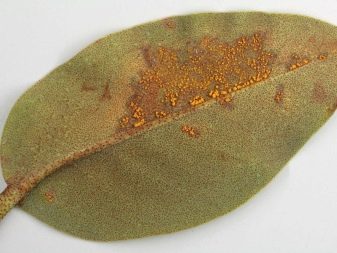
For information on how to transplant and care for a flower correctly, see the next video.




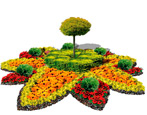
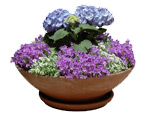
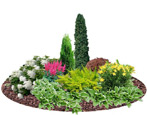
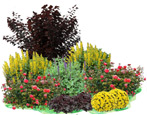


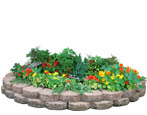
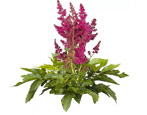
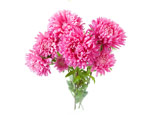
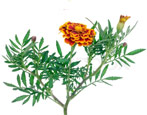
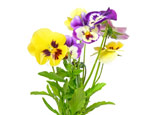

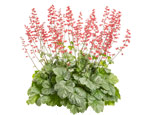

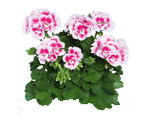
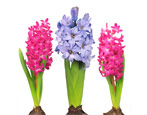
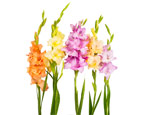

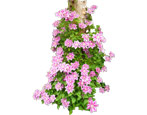
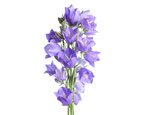
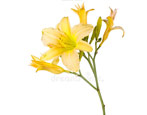
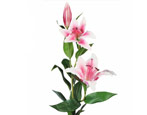
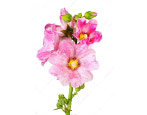
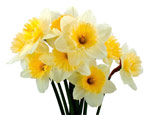
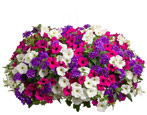
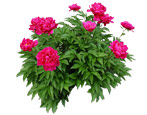
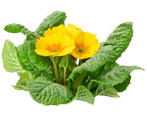
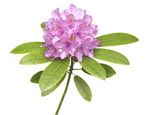

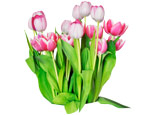
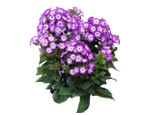
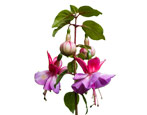
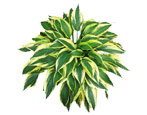
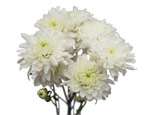
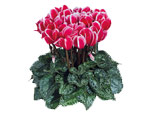
































































The comment was sent successfully.